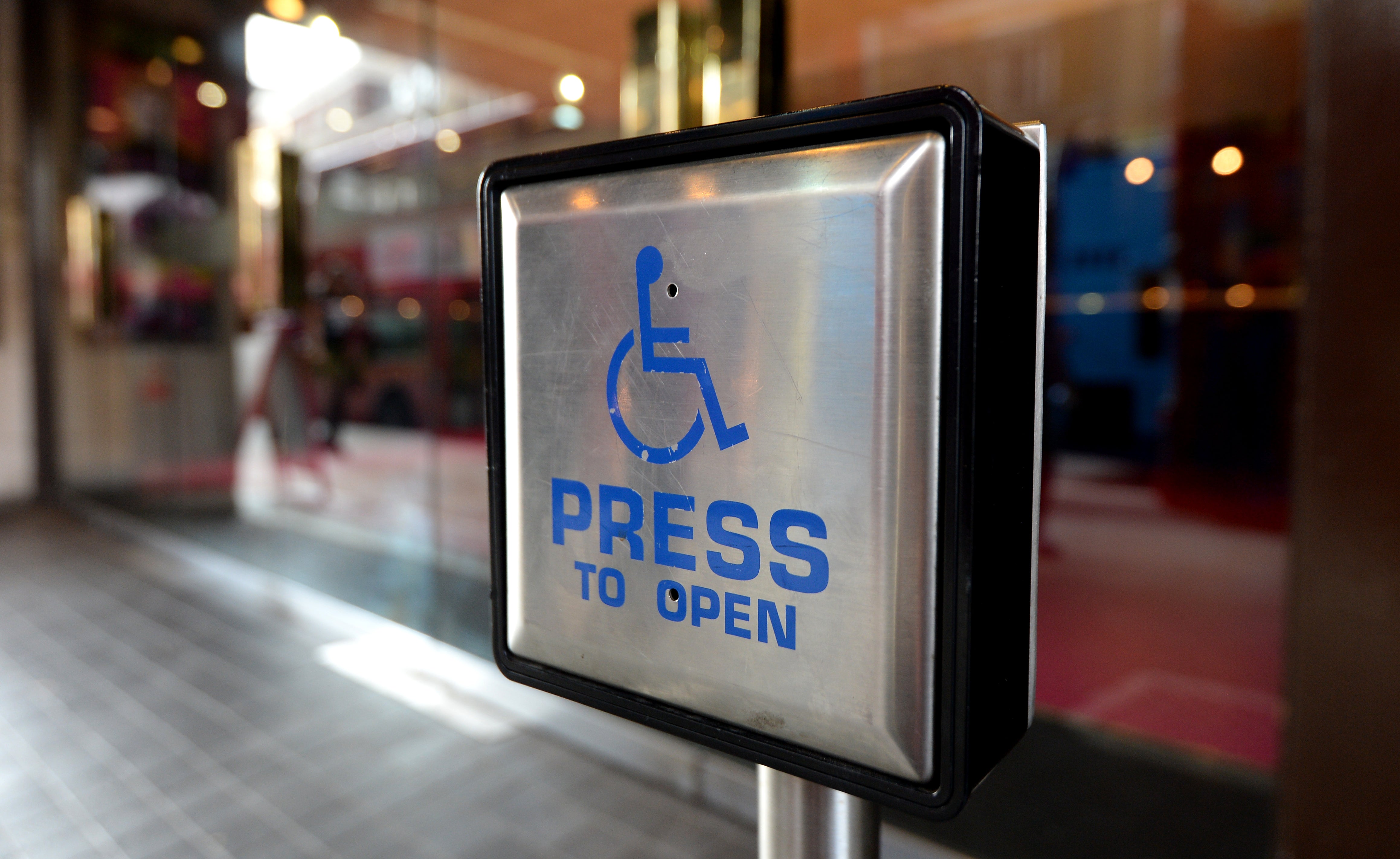Unemployment has barely begun to rise and yet the disability employment gap has leapt
The new minister for disabled people, Tom Pursglove, has promised an action plan. But hopes are not high that it will do much good, especially given that he trotted out a very dubious claim that just doesn’t stand up to cursory scrutiny at its launch


It’s a while since I’ve looked at the disability employment gap (DEG), which represents the gulf between the rates of employment enjoyed by able-bodied Britons when compared with those of their disabled peers.
When I called Scope to get the latest figures, I was not expecting good news. We are, after all, in quite the economic pickle. On the other hand, employment rates are a lagging indicator. Unemployment is usually the result, not the cause, of economic trauma.
As such, despite a run of awful economic data, the national unemployment rate barely moved in the three months to September, rising only slightly to 3.6 per cent from 3.5 per cent in August. It is still much lower than the previous year’s 4.3 per cent.
Based on that, you might have expected a similarly small move in the DEG. Maybe 0.1 or 0.2 percentage points in a negative direction.
You would be wrong.
The DEG widened to 29.8 percentage points against 28.1 at the same point in 2021. While the rate of unemployment was quite a bit higher then, the numbers were trending down. The opposite is true today. But it is still striking how much faster the DEG is deteriorating than the overall rate of unemployment.
Why might that be? One potential reason is that disabled workers are apt to find themselves first in line for the axe when redundancies are announced. It is always the most vulnerable that get hit fastest and hardest when the economy goes into a tailspin. That is what I suspect is happening here.
It is against this backdrop that Tom Pursglove, the new minister for disabled people, wrapped up the week by confirming the launch of a “disability action plan”.
Well, gosh darn it, Superman is here to save us!
He’s also met some paralympians. The superhumans! (thanks for that, Channel 4, thanks a lot).
What minister doesn’t like the idea of a photo op with paralympians? They’re superhumans!
If that wasn’t enough, he opened a “pioneering lab” at the Queen Elizabeth Olympic Park, badged as a “Global Disability Innovation Hub”. Is there no end to the man’s energy?
Wait a minute, I hear you say, go back to that action plan. Don’t we already have a national disability strategy?
Well yes, yes we do. The fact that we’re now also getting an action plan might have something to do with the fact that the strategy was a steaming pile of horse manure that no one in the sector had any time for.
Can we expect better from the action plan? Can we count on it to look at the causes of that sharp rise in the DEG and suggest solutions? Or to address the additional costs that disabled people experience as a result of having a disability – costs which, combined with the cost of living crisis, are leaving a rather large number of people in a rather desperate state?
The Business Disability Forum has highlighted problems with the Access to Work Scheme, designed to help disabled people to do that, which it says is creating additional barriers to work. Will the action plan address those?
Over to the minister: “I’ll be bringing forward our Disability Action Plan in 2023 to build on government reform of the disability agenda, underlining our global leadership on disability rights and leading the way in areas such as assistive tech and accessibility.”
Oh. If we can expect more of that sort of thing it won’t be much of an action plan. That quote? It’s nothing more than a word salad and one with a decidedly dubious smell. Britain is a lot of things but one thing it is not is a global leader on disability rights.
In fact, a panel from the UN, whose International Day of People with Disabilities Pursglove made reference to in announcing his action plan, accused the UK government of “systematically undermining” the rights of disabled people when it came to assess compliance with the UN Convention on the Rights of People with Disabilities, which the UK had signed, in 2017.
Not much has changed for the better since then.
At the start of a two-year economic storm, Britain’s disabled workers, and would-be workers, need a policy reset to help them weather it.
Unfortunately, that doesn’t appear likely.






Join our commenting forum
Join thought-provoking conversations, follow other Independent readers and see their replies
Comments